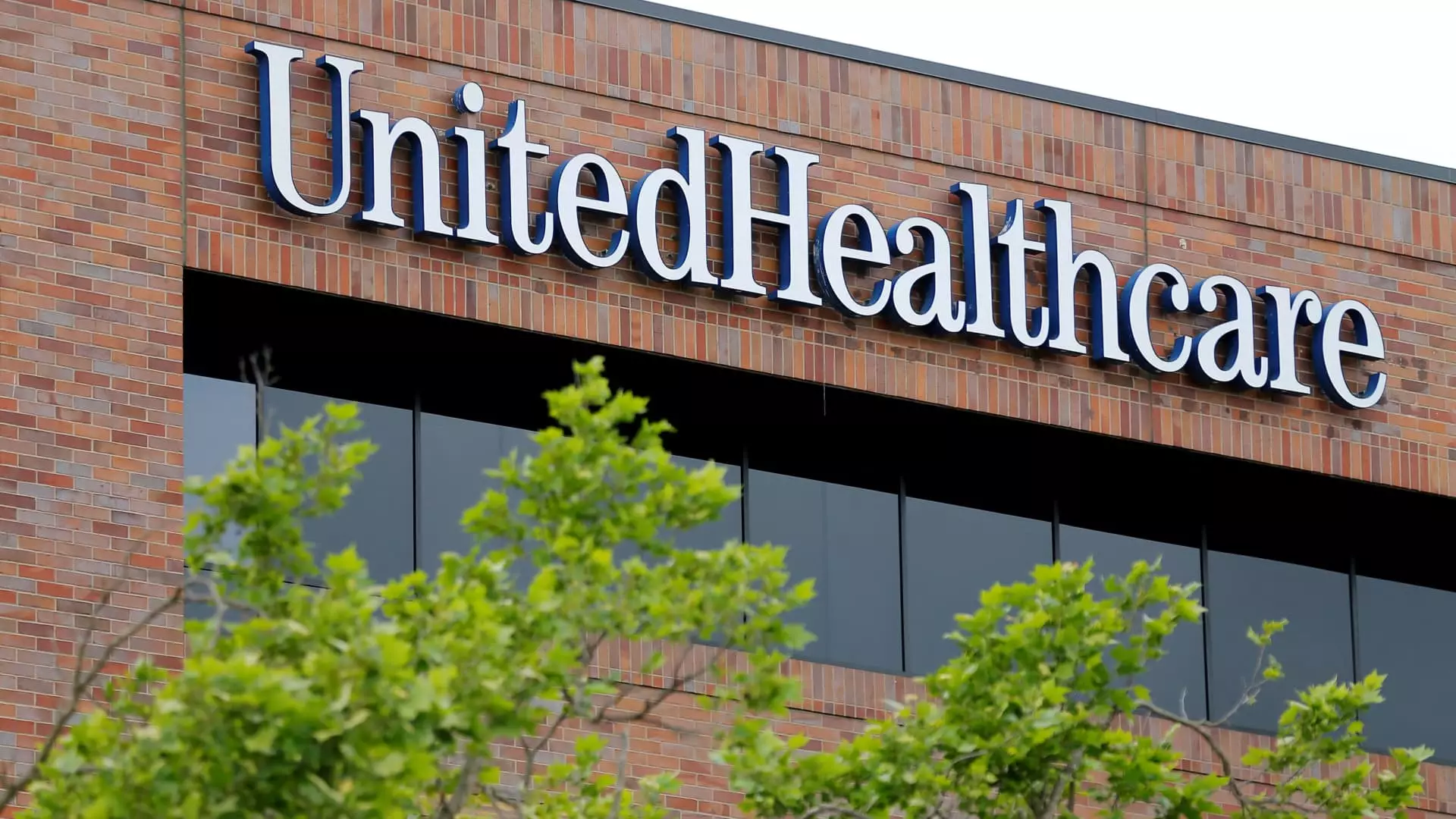UnitedHealthcare, the largest private insurer in the United States, finds itself under intense scrutiny following a series of troubling developments. The insurance giant is currently facing a government investigation into its Medicare billing practices, reportedly pursues employee buyouts, and has publicly clashed with billionaire investor Bill Ackman. These issues not only reflect a difficult current climate but also signify ongoing challenges for its parent company, UnitedHealth Group, which is navigating a particularly tumultuous financial and operational landscape.
The scrutiny of UnitedHealthcare escalated when the Department of Justice initiated a civil fraud investigation assessing the company’s billing practices for its Medicare Advantage plans. Reports indicate that officials are examining whether there were systematic efforts to inflate diagnoses in order to secure higher payments from Medicare. This investigation is not merely a bump in the road; it stems from broader concerns over the integrity of Medicare billing practices which have reportedly resulted in substantial overpayments to the insurer in recent years.
UnitedHealth Group, the parent company, maintains that the allegations are unfounded. In a statement, the firm branded reports of fraudulent behavior as “outrageous and false,” claiming they adhere strictly to compliance reviews and industry standards. However, the notion of financial misconduct in health care—particularly in programs that serve vulnerable populations—raises significant ethical questions. If the allegations hold any truth, the repercussions for both the organization and the healthcare sector at large could be profound.
The ramifications of the investigation are already visible in the stock market. The price of UnitedHealth Group shares has plummeted approximately 23% over the past three months, with an especially sharp decline of 9% following the investigation report by The Wall Street Journal. Investor confidence tends to waver in the face of regulatory inquiries, particularly when a company operates at such a large scale as UnitedHealth Group, which has a market capitalization exceeding $420 billion. The firm is emblematic of the struggles that can arise when a corporation’s reputation is put on the line in the public eye.
Industry analysts appear divided on the ultimate impact of these investigations. Some, like RBC Capital Markets’ Ben Hendrix, consider it an “incremental overhang” while suggesting that it may not significantly affect the company’s financial stability in the immediate term. This perspective, however, glosses over the potential long-term implications that reputational damage can have in a competitive marketplace where trust and accountability are paramount.
UnitedHealthcare is not just facing external pressures; it is also undertaking internal measures that signify an effort to manage costs and streamline operations. Reports have emerged indicating that the company is offering buyouts to employees, with potential layoffs on the horizon if the targeted resignations are not met. This reflects a broader trend within the healthcare sector where companies are increasingly leveraging digital technologies to enhance efficiency while also looking to cut labor costs.
Such organizational maneuvers can often lead to diminished employee morale, not to mention a possible erosion of services. The human impact of corporate restructuring is an essential component that should be closely examined, given that the healthcare industry is fundamentally rooted in care and support for people.
The situation has been further complicated by public disputes with prominent investors, including the high-profile Bill Ackman. His recent involvement in a legal matter concerning a Texas doctor criticizing UnitedHealth Group highlights the growing tension between corporate entities and independent voices questioning their practices. Ackman’s call for an SEC investigation into the insurance giant raised the stakes, showcasing how external brand scrutiny can lead to tumultuous exchanges that have broader implications.
Interestingly, this entire saga is compounded by tragic events within the company, including the death of its former CEO, Brian Thompson. The sentiment surrounding that incident reignited calls for transparency and reform in the health insurance industry amid rising frustrations over care denials and operational opacity. The confluence of these events creates a narrative of an organization at a crossroads—one that must reckon with internal dynamics while navigating external pressures.
As if the mounting investigations and operational struggles weren’t enough, UnitedHealthcare is also dealing with the aftershocks of a cybersecurity breach that affected its subsidiary, Change Healthcare. This incident compromised sensitive health information for around 190 million individuals and cost the company over $3 billion to address. Cybersecurity is increasingly pivotal in today’s digital landscape, and the mishandling of sensitive patient data can trigger not only financial repercussions but also further erosion of consumer trust.
In the healthcare realm, where confidentiality and security are sacrosanct, the burden of such a breach is particularly heavy. UnitedHealth must prioritize reinstating confidence among consumers while simultaneously addressing the operational and financial challenges that arise from ongoing government scrutiny.
UnitedHealthcare faces a multifaceted crisis that pits its operational strategies against public accountability and regulatory oversight. The paths forward are unclear, but the implications of current events will undoubtedly shape the future of not only the company but the broader health insurance industry in the United States.

